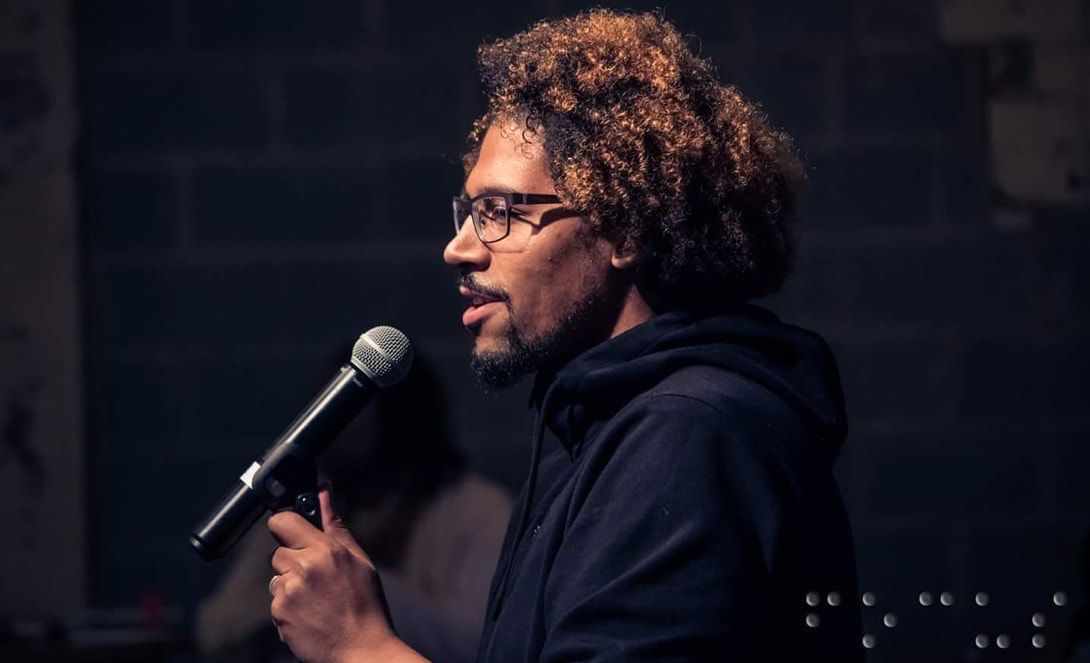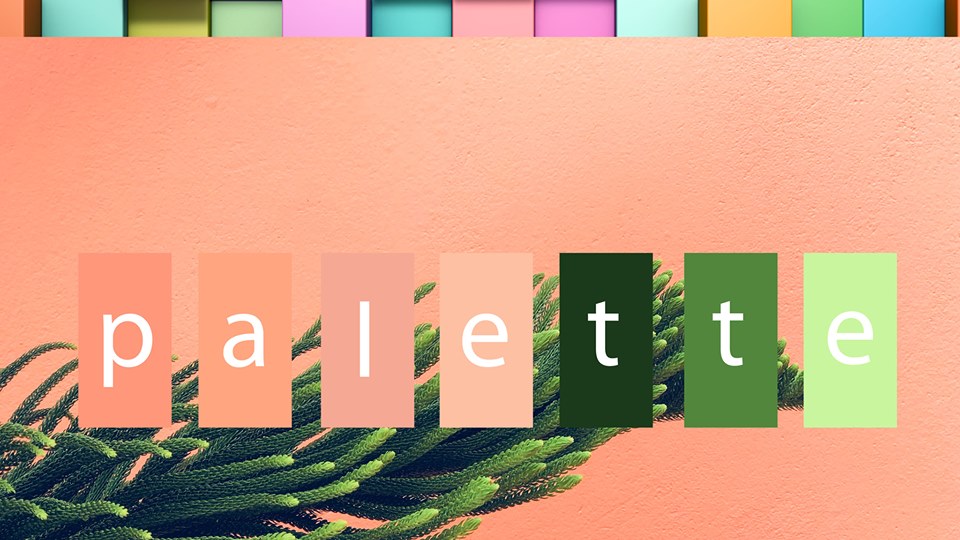Welcome to the United States of Writing Blog! I’m Justin Rogers, and I’ll be reporting from my hometown of Detroit, Michigan. I am a poet—check out my Poets & Writers Directory profile for more on that—and I work as a youth program coordinator at InsideOut Literary Arts organizing after-school creative writing programs and coaching youth teams for regional and national poetry slam competitions.
As a literary outreach coordinator for Poets & Writers, I’ve been tasked to further engage with the literary community in my city, let folks know about the tools and resources P&W has to offer (and there are so many), and report back about all that’s happening. Already so many faces have brightened up during my conversations with them about the Literary Events Calendar (where anyone can add events for free) and mini-grants offered through the Readings & Workshops program (find out how to apply here).
I’m excited to continue sharing with Detroit the information and opportunities that P&W offers and, on a personal level, to learn more about my city and the literary world at large. Check the blog weekly for my reports from the field. Looking forward to being your guide out in Detroit!
Justin Rogers. (Credit: Lebrun Jackson) Justin Rogers is the literary outreach coordinator for Poets & Writers in Detroit. Contact him at Detroit@pw.org or on Twitter, @Detroitpworg.





